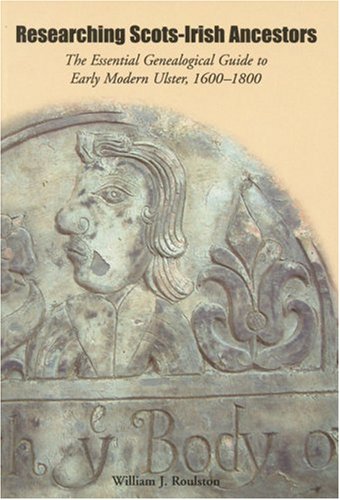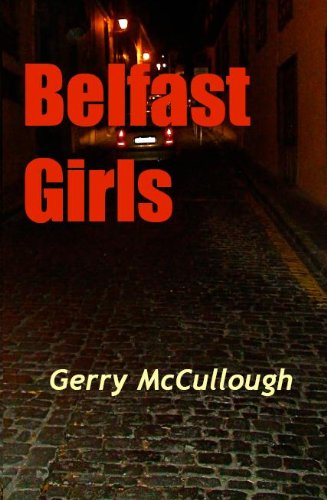Today's posting is my fantasy book tab.
Although The House in Windward Leaves starts out on Halloween night, it's about identity. First written as a short story for a Halloween storytelling at The Loft literary center, most of the book takes place on a star where costumes make the kids.
Because children run the star, it’s both commonsense and madcap. There are more moments of humor than terror, having been inspired by Roald Dahl. But the horror on Mistral's star is its static state. What would happen if you were stuck in your costume?
That's a horror adults know. The House in Windward Leaves is part adventure, part satire. After all, aren't our fantasy identities a part of us? And isn't the world we live in a menagerie of fantasies come true?
Before I ever experienced writer's block, I blocked about my Halloween costume. I don’t know why it was so meaningful. My maternal grandfather’s birthday was on October 31. And one of my first stories was about Halloween – “The Witch Who Stole the Unicef Boxes.” One year, we had a Halloween party in the basement which made me relish them in the years to come.
Our neighborhood group especially liked to visit mystery residents on Halloween. When I was writing the book in Minneapolis, a house covered with leaves was a block away from where I lived. It reminded me of a mystery house from childhood.
Halloween night, the wayward Sadie leads her friends past cardboard cut-outs of the painter Mistral and a lady at the leaf-covered house on Windward Road. A wall mural transports them to a Halloween party on a star where their costumes become real.
As Fortuneteller, Sadie only has to look in her crystal ball to help the others with their transformations. Her friend Candy is the Homecoming Queen and her brother has turned into a zebra. The neighbor boy has become George Washington and his brother is a musician in the star band.
That begins the adventures of Sadie and the enchanted children who make up the bizarre star community. Then Mistral's woman friend finds that her star-of-sapphire necklace is missing. After the gangster Riff Raff is accused, he displays a map and riddles for a treasure hunt. The winner must locate the Tooth Fairy, pass by a weredog, and follow directions to an invisible unicorn to be granted a boon from Enchanter Mistral. But other wishes have to be discovered.
Available at Amazon, Barnes & Noble, and Smashwords in ebook and paperback.
'"The House in Windward Leaves" is a thrilling tale ... highly recommended.' - The Midwest Book Review
"This book is filled with humour and adventures, and children can't help feeling they are there with them..." - Faith Mortimer, author or Assassin's Village and The Crossing.
"The House in Windward Leaves is a great read for girls with the ability to also capture the interest of boys. The ease in reading is perfect for the struggling young reader ..." - MG Villesca, teacher and author of The Bully in ME.
"The author has created an amazing new world...This was a very exciting and engaging book that I think young readers would love!" - Sarah Renee, author of The Tiger Princess
Enter the Goodreads giveaway for The House in Windward Leaves. It's open until Nov. 15 for two paperbacks.




